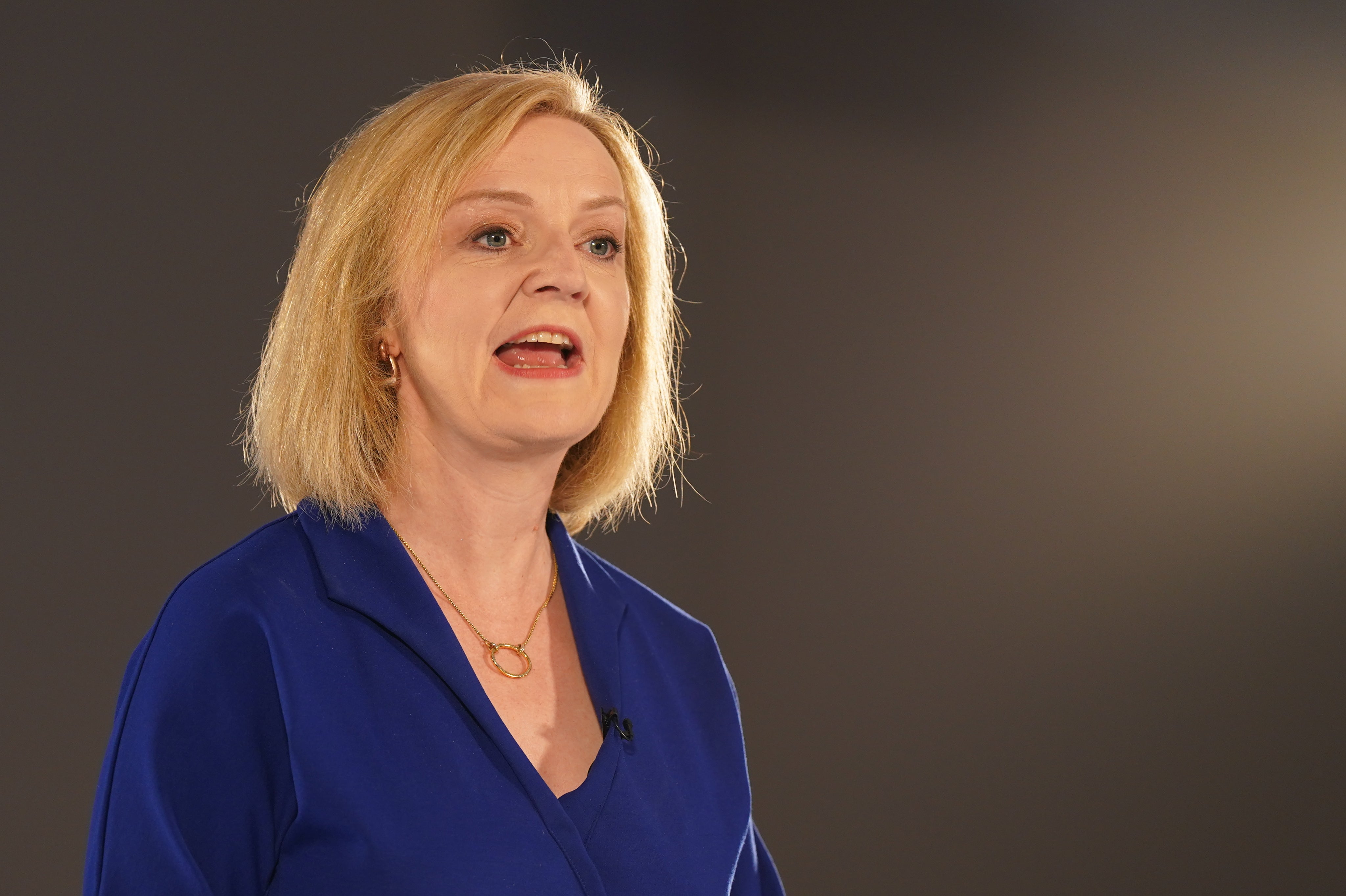The economic outlook is grim – but what does that mean for the Tories?
A new leader enables the party to present itself as a ‘new’ administration, albeit with some old faces, writes Sean O’Grady


It is difficult to know quite where to start with the Bank of England’s latest forecast for the economy, or indeed its muscular 0.5 percentage point hike in the interest rate – the biggest jump for many years.
Inflation will peak at 13 or 15 per cent, and stay in double figures at a time when wages for most remain depressed. Energy bills could go anywhere, but probably not down. Unemployment will start to edge up, yet labour shortages will probably remain severe. A recession would be expected to begin by the end of the year and last for the following 12 months. GDP is likely to fall by about 2 per cent, the worst downturn (excluding the Covid-19 pandemic) since the recession of 1990-91. Interest rates will steadily climb, and, after a delay for those on fixed rates, make the mortgage bill even more of a burden. There might be a housing crash, something unknown to anyone below the age of 50. Living standards will be further squeezed. The short to medium-term outlook is “stagflation” – stagnation and inflation – a toxic cocktail.
Politically? In the face of it is not an ideal time to be in government with an election a year or two away. You would expect strikes, protests, civil unrest. People will feel poorer. The voters have already expressed their disenchantment with the Conservative government, and recessions usually mean less money for “levelling up”, the NHS, schools, social care and other essential services, and higher taxes than desirable.
But there are reasons, albeit almost tawdry ones, for the Conservatives to view the political outlook more favourably.
First, a new leader enables the party to present itself as a “new” administration, albeit with some tired old faces. Liz Truss, especially, seems ready to disown much of what the three Conservative prime ministers before her (all of whom she served) did in office.
In particular, Truss has put substantial and immediate tax cuts at the centre of her platform, and attempt to inject an adrenaline rush to a knackered economy. If her anticipated “dash for growth”, gambling on tax cuts stimulating growth and thus becoming self-funding, works she’ll have performed an economic miracle. If not, the immediate boost to the economy will still make the voters feel good, despite inflation.
It will take time for the economy to overheat so badly and inflation to become so embedded that the pre-election boom has to be reversed – but that would be after polling day. Even if the Bank of England started ramping up rates to counter the fiscal stimulus, it takes much longer for higher interest rates to feed through to consumer and business decisions. Besides, Truss is free to blame the Bank for inflation and/or amend the Bank’s remit or erode its operational independence. Andrew Bailey won’t be able to “take the punch bowl away” when Liz Truss’s election-winning boom is in full swing.
With the freedom to call an election at a time of her choosing, Truss could optimise her tax cuts and election campaign to maximum short-term partisan advantage, delivering her safely into No 10 with five years to sort out the mess.
Governing parties can also, counterintuitively, capitalise on chaos. There’s an old political axiom that fear makes people turn to the political right. While obviously not holding universally true, it is the case that Conservative governments have won elections during an economic slump, or shortly after, and especially in an air of crisis.
A weak Labour Party and divided opposition has often been a deciding factor, failing to convince people to take the risk of changing governments during times of trouble. The Tories, after all, ruled Britain for the whole of the 1930s because much of the population couldn’t see any plausible alternative government on the left dealing with the slump and preserving democracy. Much the same goes for the 1980s, when unemployment stayed stubbornly above 3 million even as the economy slowly recovered from recession, and eventually boomed. John Major unexpectedly won in 1992 after the sharp recession of 1990 to 1991 because the voters still couldn’t bring themselves to trust Neil Kinnock and Labour on the economy. Even after five years of harsh austerity, David Cameron managed to turn his minority Coalition with the Lib Dems into a slim majority administration in 2015. Luckily, for him, the voters chose to punish the Lib Dems and Nick Clegg for their hardships; and ignored the granite-hard promises of prudence engraved on Ed Miliband’s “Ed stone”.
So Truss could happily go into the next election with an economic farce going on so long, if the electorate believes that the good times are on their way, and especially if the voters can be convinced that, however bad things might be, Keir Starmer and Rachel Reeves could still manage to make things even worse.
Britain hasn’t witnessed a proper slump disguised by a cynical pre-election boom for some decades. Everything points to Truss just going for it: stranger things have happened.
Subscribe to Independent Premium to bookmark this article
Want to bookmark your favourite articles and stories to read or reference later? Start your Independent Premium subscription today.
Join our commenting forum
Join thought-provoking conversations, follow other Independent readers and see their replies
Comments